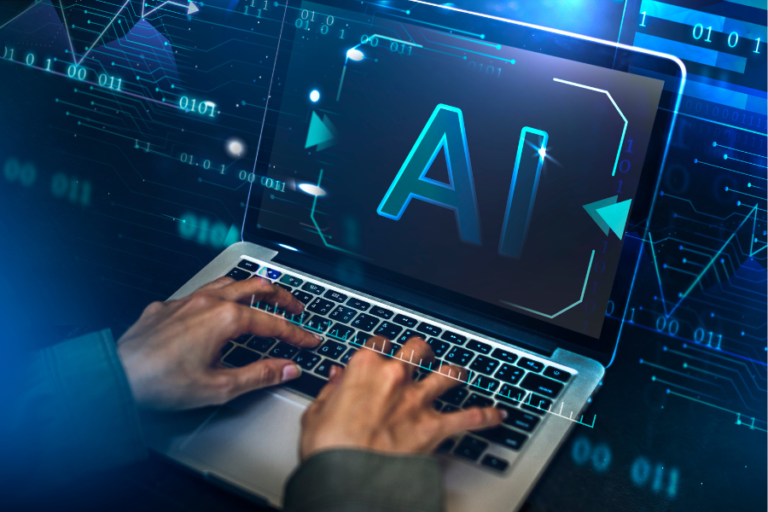Artificial intelligence (AI) has revolutionized the banking industry since the 1980s, when machine learning was first implemented specifically for banking operations. This technology allows banks to automate processes and analyze large amounts of data with incredible speed and accuracy. Over the years, AI has become an integral part of banking operations, benefiting customers worldwide by enhancing efficiency and security.
### How AI Works in Business Banking
AI plays a crucial role in various banking functions, including customer service, ATM cash dispensing, account management, mobile banking, credit scoring, fraud detection, loan processing, and more. By leveraging AI, banks can streamline processes, improve accuracy, and provide better service to their customers.
### Fraud Detection and AI
One of the key areas where AI has made a significant impact in banking is fraud detection. AI-powered systems are trained to analyze customer behavior and identify suspicious activities, helping banks prevent fraudulent transactions and protect customer funds. With advanced technologies like positive pay, check processing software, and biometric authentication, banks can detect and prevent fraud more effectively than ever before.
### How AI Improves the Customer Experience
Despite concerns about AI replacing human interaction in banking, the reality is that AI has enhanced the customer experience by providing 24/7 access to accounts, quick information retrieval, automation of bill payments, and more. Customers appreciate the convenience and efficiency that AI-powered banking services offer.
### Rise of AI in Banking
The evolution of AI in banking has led to the emergence of neobanks, direct banks, and digital banks that operate efficiently without physical branches. These banks leverage AI technology to provide innovative and customer-centric banking solutions. Traditional and online-only banks are also using AI to offer affordable and feature-rich accounts for business owners.
### Future of AI in Business Banking
The future of AI in banking looks promising, with advancements like smile-to-pay facial scanning, virtual loan officers, biometric authentication, conversational bots, and real-time transaction analysis. These innovations will further improve the efficiency, security, and customer experience in banking operations.
### History of AI: 1920 to Present Day
The history of AI dates back to the early 20th century, with milestones like the introduction of robots in plays, Alan Turing’s question about machine intelligence, and the development of virtual assistants like Siri and Alexa. Today, AI has evolved to perform complex tasks and create new concepts, reshaping the banking industry and beyond.
In conclusion, AI has transformed the banking landscape, making operations more efficient, secure, and customer-centric. As technology continues to advance, AI will play an increasingly vital role in shaping the future of business banking. The possibilities are endless, and the impact of AI on banking is truly revolutionary.

